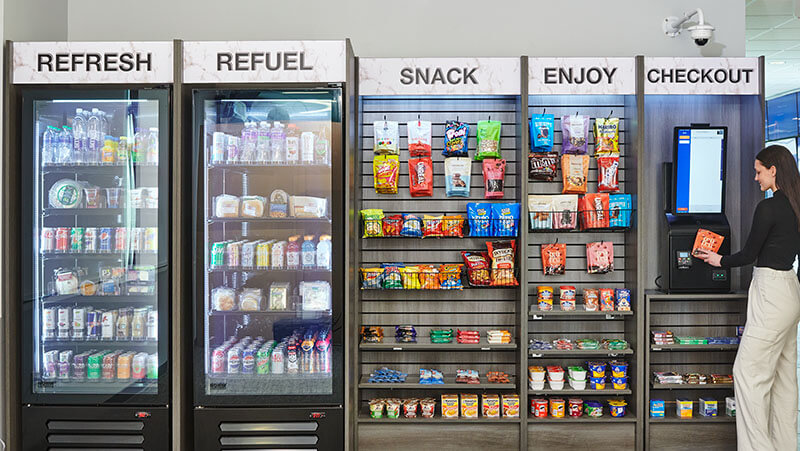Fresh Eggs Available 24/7
VendSmart's egg vending machines provide Jacksonville residents and businesses with convenient access to fresh, high-quality eggs around the clock. Our smart technology ensures proper temperature control and inventory management.
Fresh Farm Eggs
Premium quality eggs from local farms
Temperature Controlled
Smart refrigeration keeps eggs fresh
24/7 Availability
Access fresh eggs anytime, day or night
Easy Payment
Credit card, cash, and mobile payment options
Fresh Eggs
Ready for Fresh Eggs in Jacksonville?
Contact VendSmart to get an egg vending machine installed at your location. Fresh eggs available 24/7.
